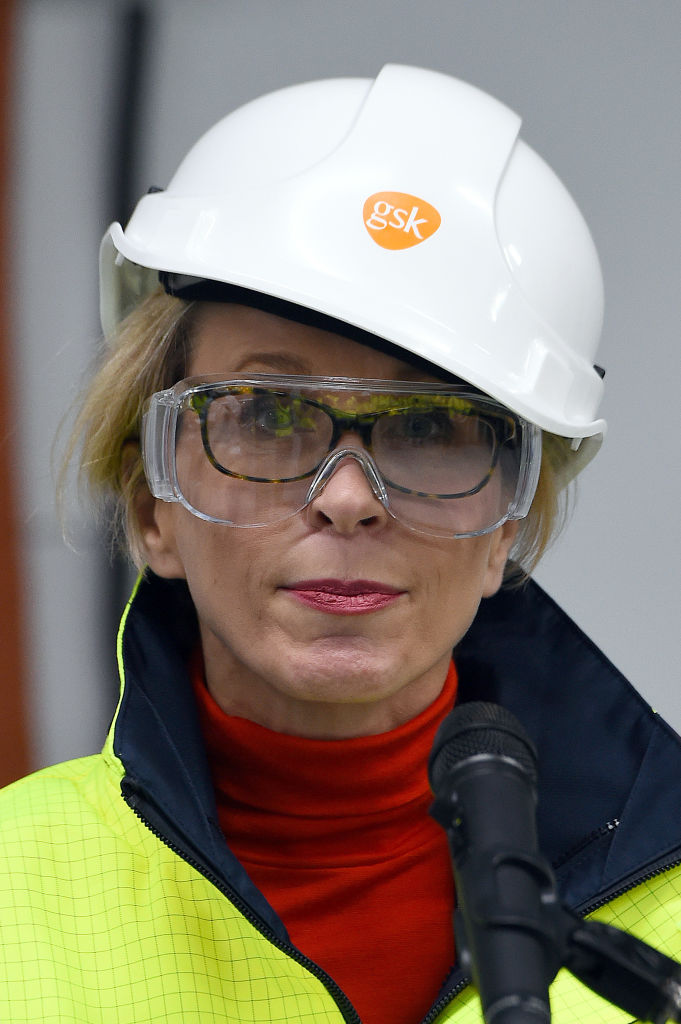GSK boss looks to head off activist pressure but cuts dividend in new 10-year strategy

GlaxoSmithKline (GSK) boss Dame Emma Walmsley has attempted to hold off investor pressure with a new strategy announcement today, promising a “step-change in growth and performance” at the healthcare giant.
However the pharma giant will cut its dividend to invest more in its drugs pipeline.
Shareholders next year will get combined dividends totalling around 55p per share, down from its current payout of around 80p per share.
Walmsley has overseen a 15 per cent dip in the firm’s share price since she took the helm in 2017 and activist investor Elliott also owns a stake.
Read more: Top shareholders offer support to GSK following activist hedge fund investment
In a meeting with investors this afternoon she will promise a “New GSK” which will double-down on the firm’s recent move towards pharmaceuticals, prioritising “high quality vaccines and specialty medicines” and late-stage pipeline products.
Walmsley expects cash generated to exceed £10bn by 2026 and the firm has attempted to salve investor concerns with a promise of a progressive dividend policy from 2023.
The firm will continue with a planned demerger of Consumer Healthcare from this ‘New GSK’ in mid-2022.
That split will free up the pharmaceutical side to invest in new technology.
The focus on vaccines will raise eyebrows, as the firm has yet to produce a working vaccine for Covid-19.
A treatment jointly developed with France’s Sanofi is expected to make it to market by the end of the year.
Walmsley said “the benefits of the huge transformation we have driven since 2017 are now clear.
“Together we are now ready to deliver a step-change in growth for New GSK and unlock the value of Consumer Healthcare.”
Shares rose by more than one per cent on the release of the details.
Chris Beckett, head of equity research at Quilter Cheviot: said of the new strategy:
“GSK’s announcement contained a whole host of market friendly targets, including a welcome target for double digital profit growth over the next five years that will need to be underpinned by a belief in the products in development and the segments the company will be focusing on.
“The dividend reset, which works out at a 31% cut, is hardly good news, but it is not unexpected considering long-term concerns around true free cash flow cover. At 55p, the aggregate dividend across the two new companies works out to be a yield of 3.9% for FY22 versus the 6% yield for FY21.
“It will not be a completely clean break from the new consumer business. The rationale for an ongoing investment in the consumer business will need to be explained by the executives. Investors won’t appreciate the overhang.”
Read more: ‘Confident’ in vaccine supplies: Health department denies reports of Pfizer shortage
